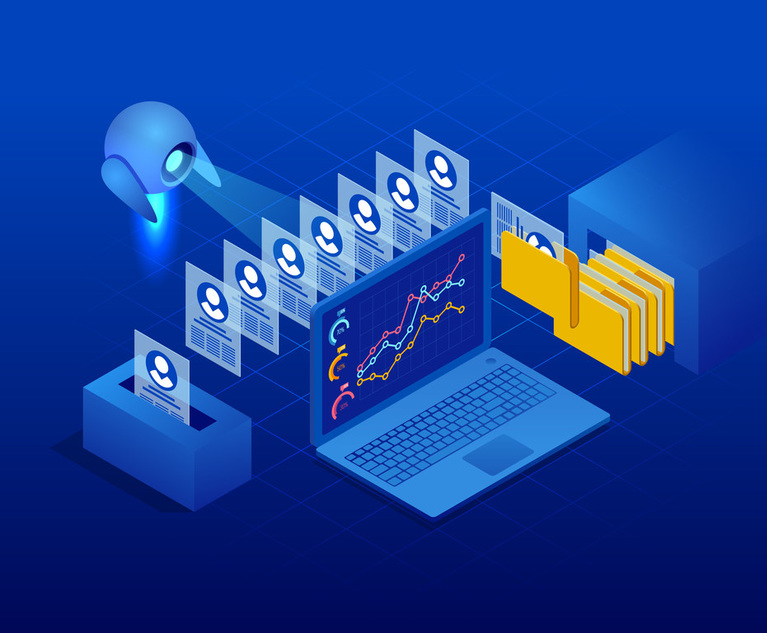Artificial intelligence, or “AI” for short, is no longer a futuristic movie theme. Instead, it has become so commonplace that most people do not even realize how extensively it permeates their everyday lives. In the employment context, AI has become a tool for employers to quickly and efficiently evaluate both their prospective and existing employees. Earlier this year, the Equal Employment Opportunity Commission estimated that more than eighty percent of employers are using AI to assist in employee-related decision making. See Lindsey Wager, Artificial Intelligence in the Workplace, The Future is Now, June 10, 2022, American Bar Association.
In response to employers’ growing reliance on AI, legislative bodies have finally signaled a willingness to more generally regulate AI in the workplace. Thus far, existing workplace AI regulations have been largely concerned with the use of video interview technology—including a 2019 Illinois act requiring job applicants to consent to AI analysis of video interviews and a 2020 Maryland law mandating consent before employers use AI facial recognition technology in job interviews. More recently, a 2021 Washington D.C. law, currently under council review, would prohibit algorithmic decision making in employment offers. However, the first real attempt at wide-ranging regulation will be New York City’s Automated Employment Decision Tool Law (the AEDT).


 Credit: Golden Sikorka/Adobe Stock
Credit: Golden Sikorka/Adobe Stock




